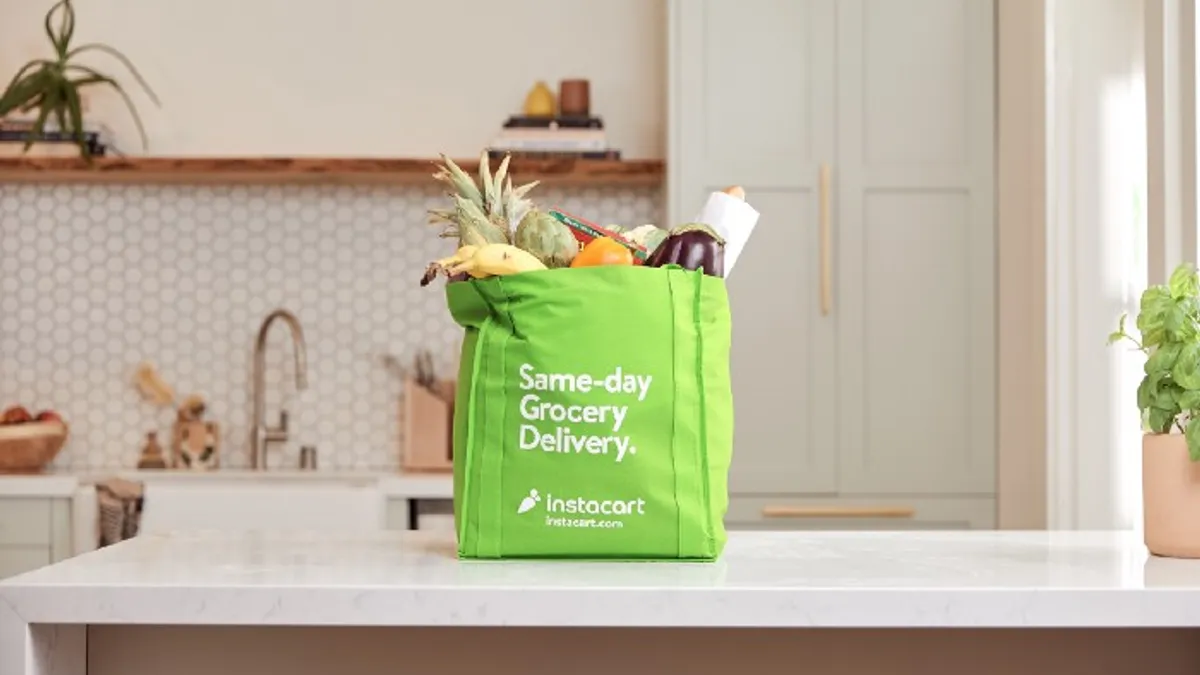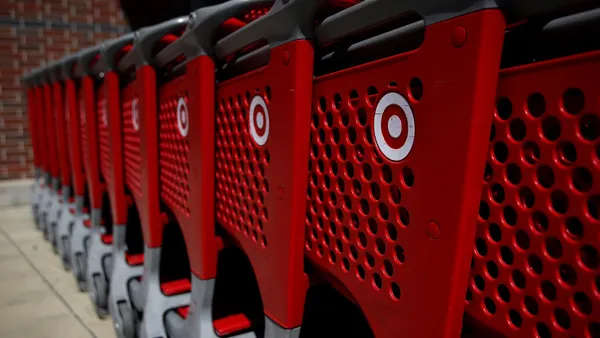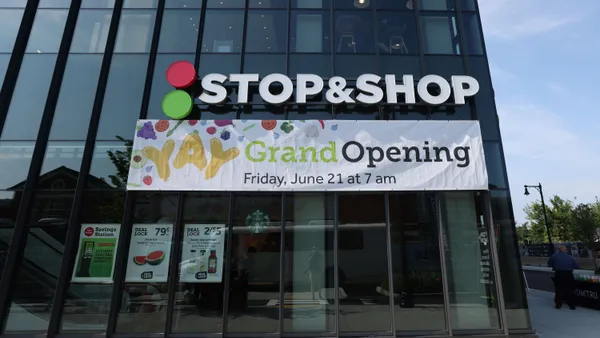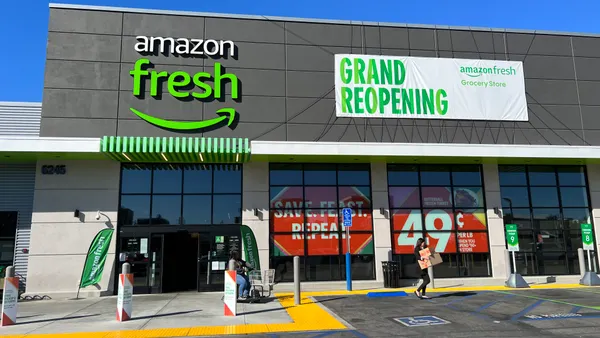Dive Brief:
- A lawsuit by Instacart and the Washington Food Industry Association (WFIA) seeking to overturn Seattle's requirement that delivery drivers receive extra pay during the pandemic has received clearance to proceed from a King County Superior Court judge.
- In a March 26 order, Judge Michael Scott tossed out the lawsuit's claim that the city's extra-pay ordinance violated a 2018 Washington state voter initiative prohibiting local governments from imposing charges on grocery deliveries, but otherwise allowed the suit, filed in June 2020, to move ahead despite an effort by the city to dismiss it.
- The judge's decision to allow the suit to proceed follows a ruling by a federal judge in March that quashed an effort by the WFIA and the Northwest Grocery Association to invalidate Seattle's $4-per-hour hazard pay requirement for grocery workers.
Dive Insight:
The court's decision to let Instacart's case against the City of Seattle move ahead is the latest chapter in the ongoing dispute over whether people who work in the grocery industry should receive extra pay because of the risks posed by COVID-19.
The city's ordinance, which Seattle Mayor Jenny Durkan signed on June 26, 2020, requires food delivery companies like Instacart and DoorDash to pay drivers an extra $2.50 per trip and $1.25 for each additional work-related stop they make to fulfill a single order. The ordinance also bars the delivery firms from reducing their service areas, cutting compensation for drivers and passing the added costs along to customers.
In their complaint, Instacart and the WFIA allege that the ordinance "commandeers private network businesses for the benefit of specific members of the community," whom it defines as gig workers and consumers. In addition, the suit claims that the city's action "makes unprecedented intrusions into a business’s most fundamental management decisions."
Instacart and the WFIA also take issue with the fact that Seattle's ordinance doesn't also apply to drivers who transport fee-paying passengers in their vehicles, which they claim in their suit violates the equal protection clause of the 14th Amendment to the U.S. Constitution. According to their suit, these drivers are not covered by the city's hazard pay requirement even though they "face demonstrably higher risks of [COVID-19] infection than grocery-delivery drivers because they have direct person-to-person contact while transporting individuals in the confined spaces of their vehicles-for-hire."
“Friday’s ruling was a significant win for independent grocers and employers like Instacart who continue to provide safe shopping environments for their customers and their employees,” Tammie Hetrick, president and CEO of WFIA, said in a statement.
Instacart declined to comment on the judge's decision to allow the lawsuit to proceed.
Earlier this month, a district court judge dismissed a suit by WFIA and the Northwest Grocery Association that sought to invalidate Seattle's requirement that people who work in grocery stores receive an extra $4 per hour in compensation for the duration of the pandemic. That ordinance, which went into effect on Feb. 3, drew opposition from grocers including PCC Community Markets and Kroger banner QFC over the added costs it imposed on retailers.
PCC, which runs 15 stores in Seattle and the surrounding region, decided to provide extra pay even to workers in its locations outside the city after unsuccessfully trying to convince the mayor not to sign it. But QFC took a different tack, announcing on Feb. 16 that it would close two Seattle stores in April because of the measure, claiming it makes it "impossible to operate a financially sustainable business."
Elsewhere along the West Coast, numerous cities and counties in California, including Los Angeles, Oakland and Long Beach, have taken steps to provide grocery workers with extra pay because of the pandemic. In February, the California Grocers Association took legal action against Oakland over its hazard pay requirement, and Kroger said it would close two stores in Long Beach over that city's extra-pay mandate.














